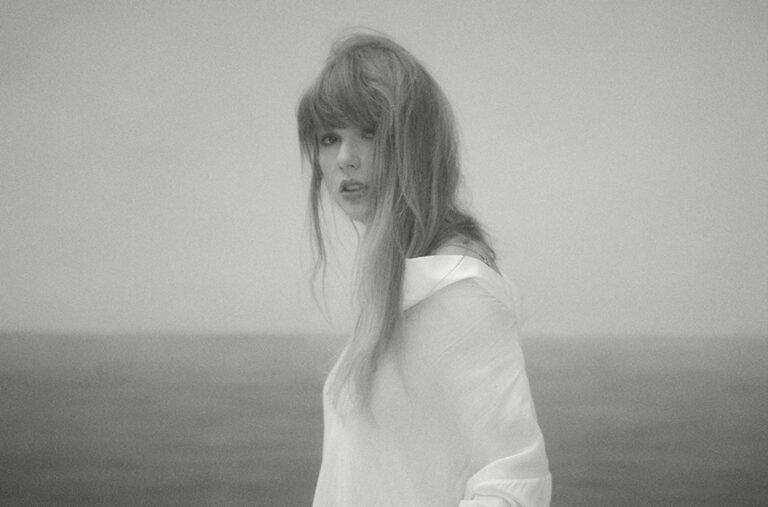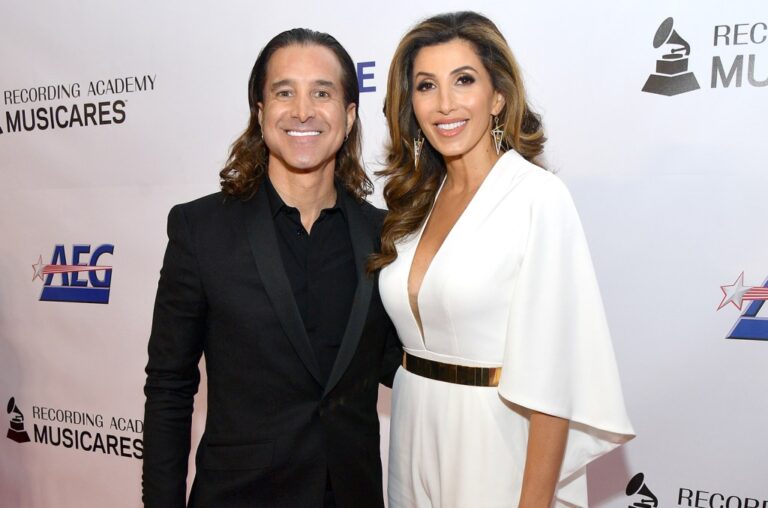Discover the Transformative Power of Music: How It Can Heal Your Mind and Body
In a world where mental health challenges are becoming increasingly prevalent, there is a timeless and cost-effective remedy that can help ease the mind, heal emotional wounds, and improve overall well-being – music. As a psychologist, I have witnessed firsthand the transformative effects music can have on individuals facing despair, anxiety, or depression. Music has the power to heal in ways that words alone cannot.
But what is it about music that makes it such a potent tool for healing? From a psychological standpoint, music has the ability to transcend the logical mind and tap into deeper layers of consciousness. A study conducted in Finland revealed that when we listen to or create music, our entire brain is engaged. Music activates the motor areas of the brain, prompting physical movements and emotional responses. It also stimulates the brain’s emotional center, boosting spirits and reducing stress levels, while allowing the mind to wander, daydream, and innovate.
When we are in states of depression, grief, or trauma, it can be challenging to find solace in anything. However, music has the unique ability to activate the brain’s pleasure center, triggering the release of dopamine – the “feel-good” hormone. Anticipating or recalling a particular song can elevate dopamine levels, and these effects can last up to fifteen minutes after the music stops, prolonging the feelings of happiness.
Moreover, for individuals dealing with anxiety, fear, or panic attacks, music can serve as a calming agent for the nervous system, lowering stress hormones like cortisol. Research has also shown that listening to music can reduce blood pressure, enhance sleep quality, alleviate physical and emotional pain by releasing endorphins, and improve focus and problem-solving skills, especially for those with ADHD. Music can be seen as the ultimate self-care tool, providing moments of compassion for introspection and reconnection.
Music has the remarkable ability to evoke specific memories, emotions, and thoughts, acting as a bridge between the past and the present. Whether it’s navigating a breakup or coping with loss, certain songs can transport us back to those moments, allowing us to relive those experiences. For individuals struggling with trauma or PTSD, music can evoke powerful emotions, offering a pathway to catharsis and healing.
Furthermore, what sets music apart is its capacity to connect people and foster a sense of community. Whether through playing music together, dancing, sharing playlists with friends, or attending concerts, music has the power to unite individuals across generations, cultures, and backgrounds. In a world marked by isolation and loneliness, music serves as a unifying force that promotes trust and belonging.
Below, you will find a curated 20-track Latin music playlist that I felt compelled to share with you. I encourage you to embark on your musical journey, exploring songs that resonate with your current experiences, thoughts, or memories. Music is a tool for personal growth and connection – have fun with it and share the joy with others.
Dr. Edith Shiro, a clinical psychologist based in Miami, is the author of “The Unexpected Gift of Trauma,” a book that delves into posttraumatic growth. She is a board member of the World Happiness Foundation and has received multiple awards for her contributions to healthcare and the Hispanic community. To learn more about Dr. Shiro and her work, visit dredithshiro.com.







